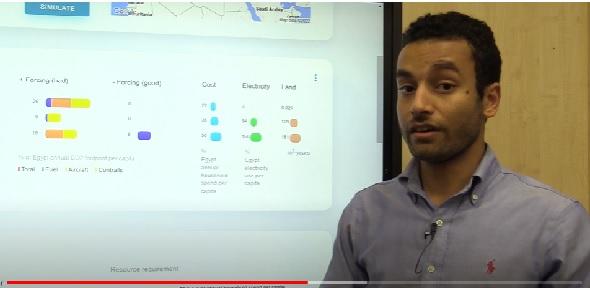
In the week of COP27 people across the world have flown to Sharm El Sheikh to discuss action on climate change. Aviation is a crucial way to bring us together to tackle this challenge – but it is also a major contributor to the problem.
Along with all areas of the global economy, flight must become climate neutral. However, huge uncertainty remains around what technology, policy, finance, and behaviour will be needed to get it there.
Inspired by a call in early 2020 from His Majesty, King Charles III, for industry, academia, and Government to move much faster to get aviation to net zero, the University of Cambridge set up the Aviation Impact Accelerator (AIA). The AIA aims to accelerate the journey to sustainable aviation by developing evidence-based tools that allow people to map, understand, and embark on the pathways towards sustainable flight.
The future of sustainable aviation is likely to require a huge amount of energy... This presents an opportunity for all countries, especially developing ones, to participate in the future of sustainable aviation Dr Samuel Gabra, Dept of Engineering, University of Cambridge
The team are now working on the Journey Impact Simulator, a tool that can be used to explore how a flight from A to B might look now and in the future, showing the best possible technology options to minimise climate impact while showing the user the trade-offs in terms of cost, land and electricity required. This tool draws results from the whole system model built by the AIA’s international and multi-disciplinary team.
Dr Samuel Gabra, an Egyptian research associate with the AIA, is passionate about scaling up energy access while reaching net-zero. Explaining how one might use the Simulator to explore a flight from London to Sharm El Sheikh in 2035, he says that the model suggests a synthetic jet fuel and hydrogen combustion aircraft as the best options for limiting the climate impact.
“Although we reduce emissions by depending on hydrogen and synthetic jet fuel, this comes with a significant cost,” Gabra says.

